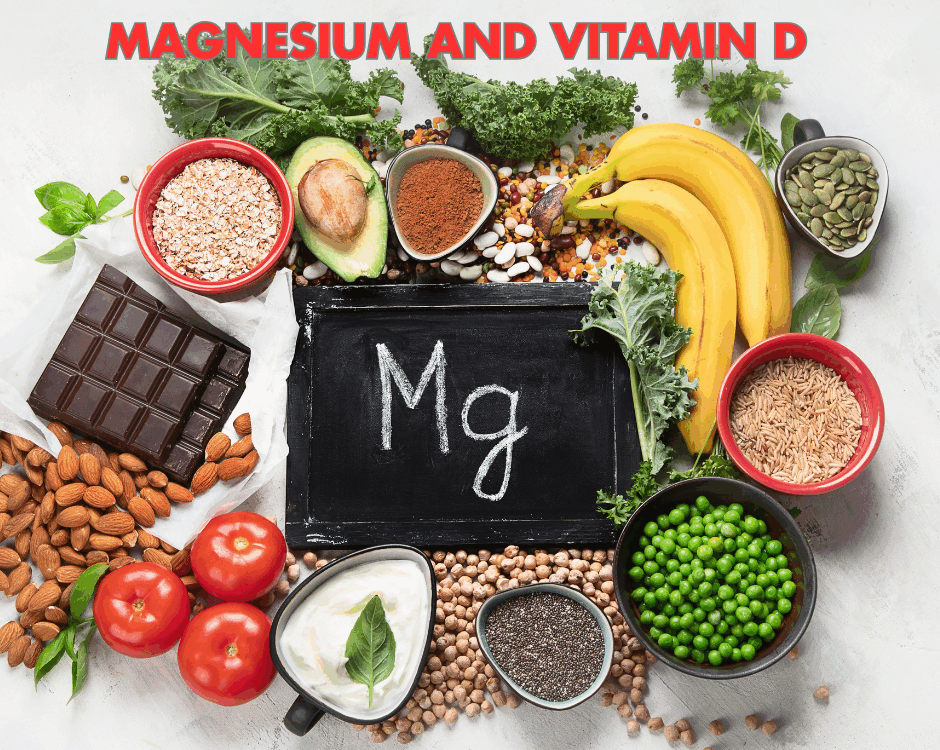Differences Between Crohn’s, Ulcerative Colitis and IBS

Poison Ivy- What is True?
April 29, 2024
Produce with the Most Pesticides
April 29, 2024
Understanding the Differences Between Crohn’s, Ulcerative Colitis, and IBS
Crohn’s disease, ulcerative colitis, and irritable bowel syndrome (IBS) are all gastrointestinal issues, but they differ in their causes, symptoms, and treatments. Dr. Aaron Workman, associated with one of the highest rated auto injury care medical programs, Chambers Medical Group of Kentucky, speaks frankly on the differences between these gastrointestinal diseases and disorders.
Personally diagnosed with Ulcerative Colitis (UC) over the last 17 years, I have found myself in many conversations where people use the terms interchangeably but there are very important differences. Let us go over some of the key differences you should be aware of.
- Crohn’s Disease:
This is a type of inflammatory bowel disease (IBD) characterized by chronic inflammation of the digestive tract. This disease is currently incurable and will have to be treated for the rest of your life. The exact cause is unknown, but it is believed to involve a combination of genetic, environmental, and immune system factors.
Crohn’s symptoms can vary widely but often include abdominal pain, diarrhea, fatigue, weight loss, and inflammation of the digestive lining. It can affect ANY part of the digestive tract, from the entrance to the exit.
Crohn’s disease can lead to complications such as narrowing of the intestines, fistulas (abnormal connections between organs), abscesses, malnutrition, and increased risk of colon cancer.
Treatment aims to reduce inflammation, control symptoms, and prevent complications. This may include medications such as anti-inflammatory medications, immunosuppressants, biologics, dietary changes, and in severe cases, surgery to remove affected portions of the intestine.
- Ulcerative Colitis:
UC is also an incurable IBD characterized by inflammation and ulcers in the inner lining of the colon and rectum. Unlike Crohn’s disease, UC typically affects ONLY the colon and rectum. Like Crohn’s disease, the exact cause is unknown but likely involves a combination of genetic, environmental, and immune factors.
Symptoms of UC include abdominal pain, bloody diarrhea, rectal bleeding, urgency to have bowel movements, fatigue, and weight loss. Unlike Crohn’s disease, UC typically affects only the colon and rectum.
Complications of UC may include severe bleeding, perforation of the colon, toxic mega-colon (dangerous swelling of the colon), increased risk of colon cancer, and complications related to inflammation outside the digestive tract. In some instances, about 10% of patients may have eye inflammation and around 46% will experience multiple joint pain as noted by the Crohn’s and Colitis Foundation.
Treatment for ulcerative colitis aims to reduce inflammation, control symptoms, and induce remission. This may include medications such as anti-inflammatory drugs, immunosuppressants, biologics, dietary changes, and in severe cases, surgery to remove the colon and rectum.
- Irritable Bowel Syndrome (IBS):
Irritable bowel syndrome (IBS) is a functional gastrointestinal disorder that is noted by changes in bowel habits and abdominal discomfort without evidence of inflammation or other structural abnormalities. The exact cause is not fully understood, but it may involve some disturbance between the brain and the gut, food sensitivities, and abnormal gut motility.
Symptoms of IBS can include abdominal pain or discomfort, bloating, gas, diarrhea, constipation, or alternating diarrhea and constipation. Symptoms may be triggered by certain foods, large meals, stress, or hormonal changes.
IBS does not cause permanent damage to the digestive tract or increase the risk of colon cancer. There is no notable inflammation or bleeding in the stool. It is not labeled a disease as Crohn’s and Colitis are but rather a disorder. However, it can significantly impact quality of life and may lead to anxiety, depression, and other psychosocial problems as does Crohn’s and UC.
Treatment for IBS focuses on managing symptoms and improving quality of life. This may include dietary modifications, stress management techniques, medications to control symptoms (such as antispasmodics or antidepressants), and lifestyle changes.
Let me summarize the key points to remember. Crohn’s disease and ulcerative colitis are incurable, chronic inflammatory bowel diseases characterized by inflammation of the digestive tract, while irritable bowel syndrome (IBS) is a functional gastrointestinal disorder characterized by changes in bowel habits and abdominal discomfort. Understanding the differences between these conditions is important for accurate diagnosis and appropriate management. If someone you love experiences one of these issues it is also important to understand what they have. If you experience any of these symptoms daily it is important to see a healthcare provider.
— This article is written by Aaron Workman, DC, one of the members of Chambers Medical Group’s team of car accident chiropractors who offer a variety of treatments and therapies ranging from diagnostic testing to various soft tissue therapies for car accidents and injuries in Kentucky.
- Car Accident Medical Clinic in Tampa
- Car Accident Medical Clinic in Plant City
- Car Accident Medical Clinic in Brandon
- Car Accident Medical Clinic in Lakeland
- Car Accident Medical Clinic in Sarasota
- Car Accident Medical Clinic in Louisville
- Car Accident Medical Clinic in Lexington
- Car Accident Medical Clinic in Florence




